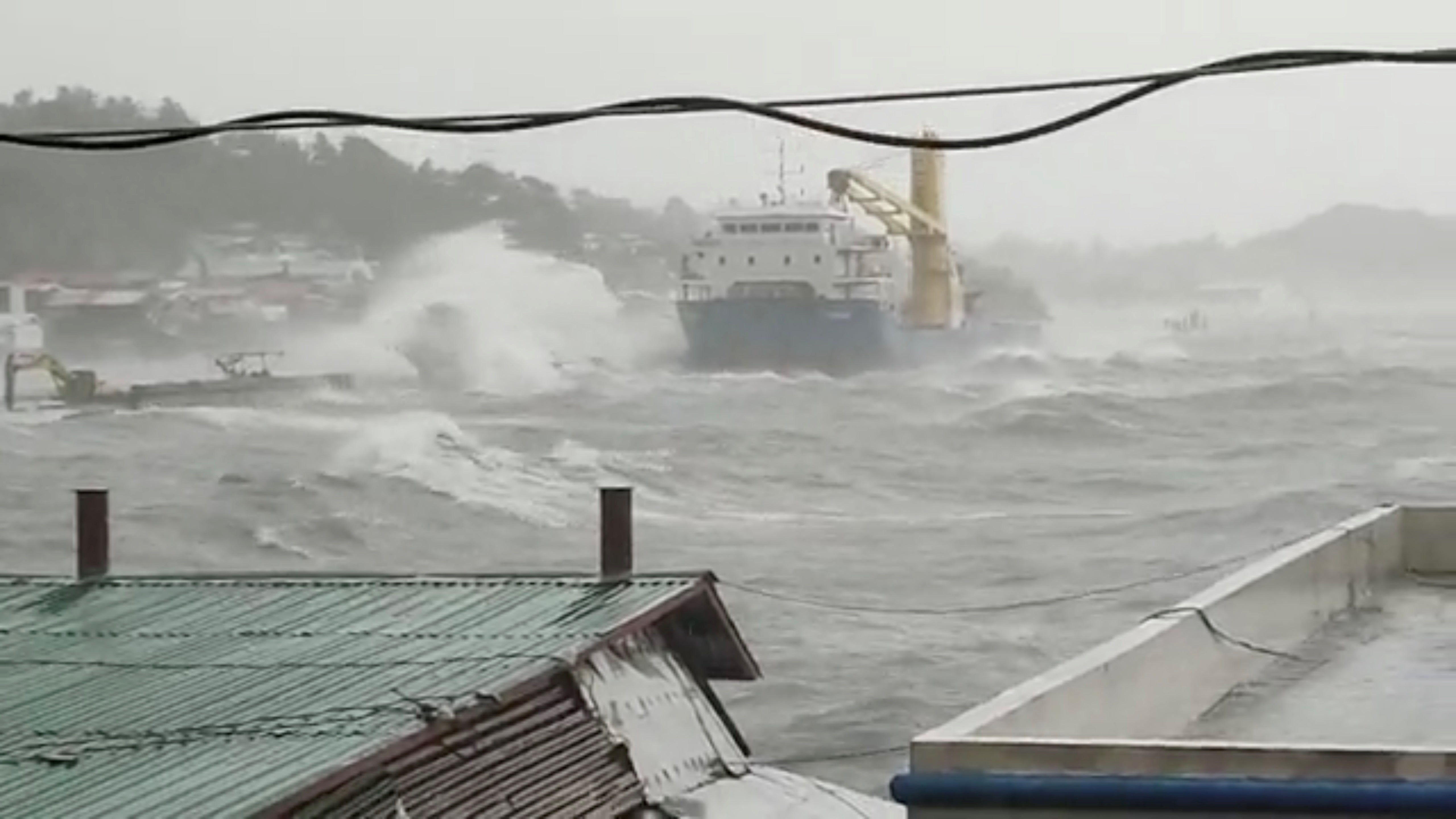Why rich nations are feeling the heat on climate funding ahead of G7 summit
Boris Johnson has promised to use next month’s G7 summit to ‘secure a substantial pile of cash’ for poorer nations battling the climate crisis. Daisy Dunne examines why climate finance is an ever-pressing issue


In a speech made to other leaders on Thursday, Boris Johnson called on all rich nations to “put our money where our mouth is” when it comes to funding climate action.
As the host of both the upcoming G7 summit in June and a key set of climate talks in November, the UK is attempting to lead the charge on “climate finance” – a term for public or private funding aimed at helping countries to both tackle and adapt to rapidly rising emissions.
“Developed nations cannot stop climate change on their own, but if we want others to leapfrog the dirty technology that did so much for us, then we have a moral and a practical obligation to help them do so,” Mr Johnson told leaders at the opening session of the Petersberg Climate Dialogue, a set of negotiations being held in the run up to Cop26, a major round of UN climate talks to be held in Glasgow in November.
Back in 2009, high-income countries promised to provide poorer nations with $100bn (£73bn) a year by 2020 to help them grapple with the climate crisis. But recent data shows this target is still far from being met.
The need for richer nations to meet their funding promises has emerged as a major issue at talks held in recent months. A meeting of least developed nations held in December issued a call for richer nations to meet their funding commitments, while a summit focused on climate adaptation held in January also shone a light on the lack of financial aid from wealthy countries.
The UK recently pledged to double the amount it spends on climate finance, but is also facing ongoing criticism for its decision to temporarily slash its foreign aid budget from 0.7 to 0.5 per cent of the national income.
The decision will not directly affect its spending on climate finance, but a range of politicians, NGOs and activists have warned that the move could put the UK on the back foot as it attempts to rally action from other countries.
“The prime minister is absolutely right to prioritise pushing G7 members to ramp up their international climate finance commitments to meet promises made on this issue over a decade ago,” said Rebecca Newsom, head of politics at Greenpeace UK.
“But despite his call for leaders to put their money where their mouth is, Boris Johnson has undermined his own message through the decision to cut international aid. These cuts should be reversed immediately, with confirmation that the UK’s contribution to climate finance is additional to the aid budget.
“It’s not just our diplomatic credibility at stake, but the lives of millions of people on the front line of a crisis they did little to create.”



Join our commenting forum
Join thought-provoking conversations, follow other Independent readers and see their replies
Comments